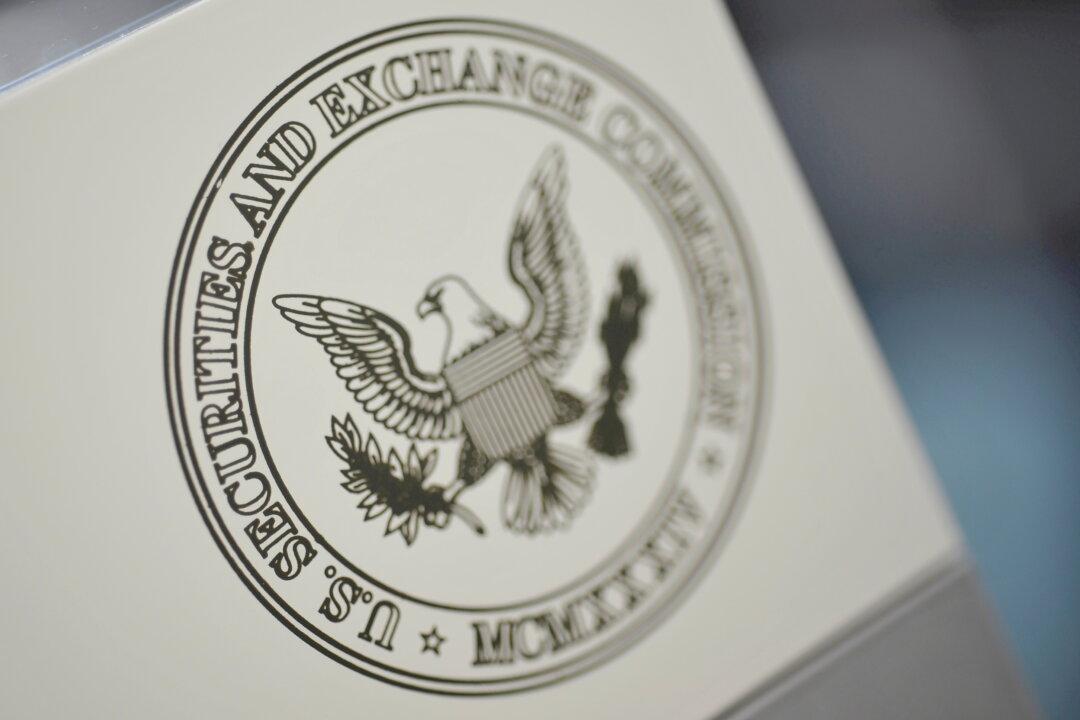The U.S. Securities and Exchange Commission (SEC) on Thursday finalized rules relating to the Holding Foreign Companies Accountable Act (HFCAA) which would allow it to delist foreign firms from American exchanges if they fail to observe U.S. accounting rules and comply with requests for information from regulators.
The bipartisan legislation was signed into law by former President Donald Trump on Dec. 18, 2020, and would see foreign companies delisted from U.S. exchanges if they fail to comply with the Public Company Accounting Oversight Board’s (PCAOB) audits for three consecutive years.




